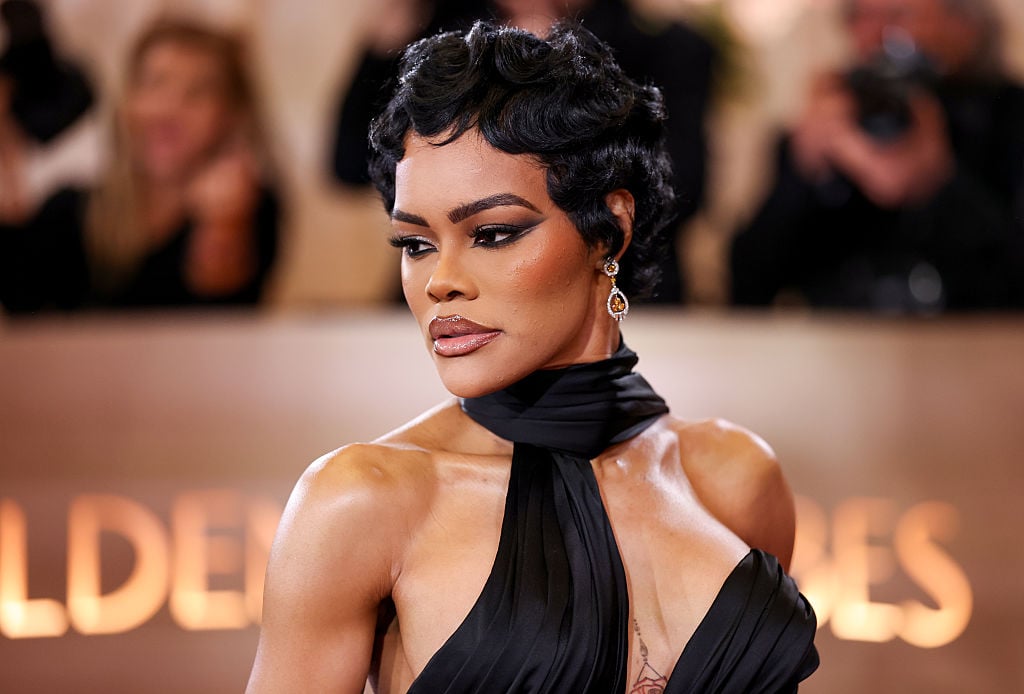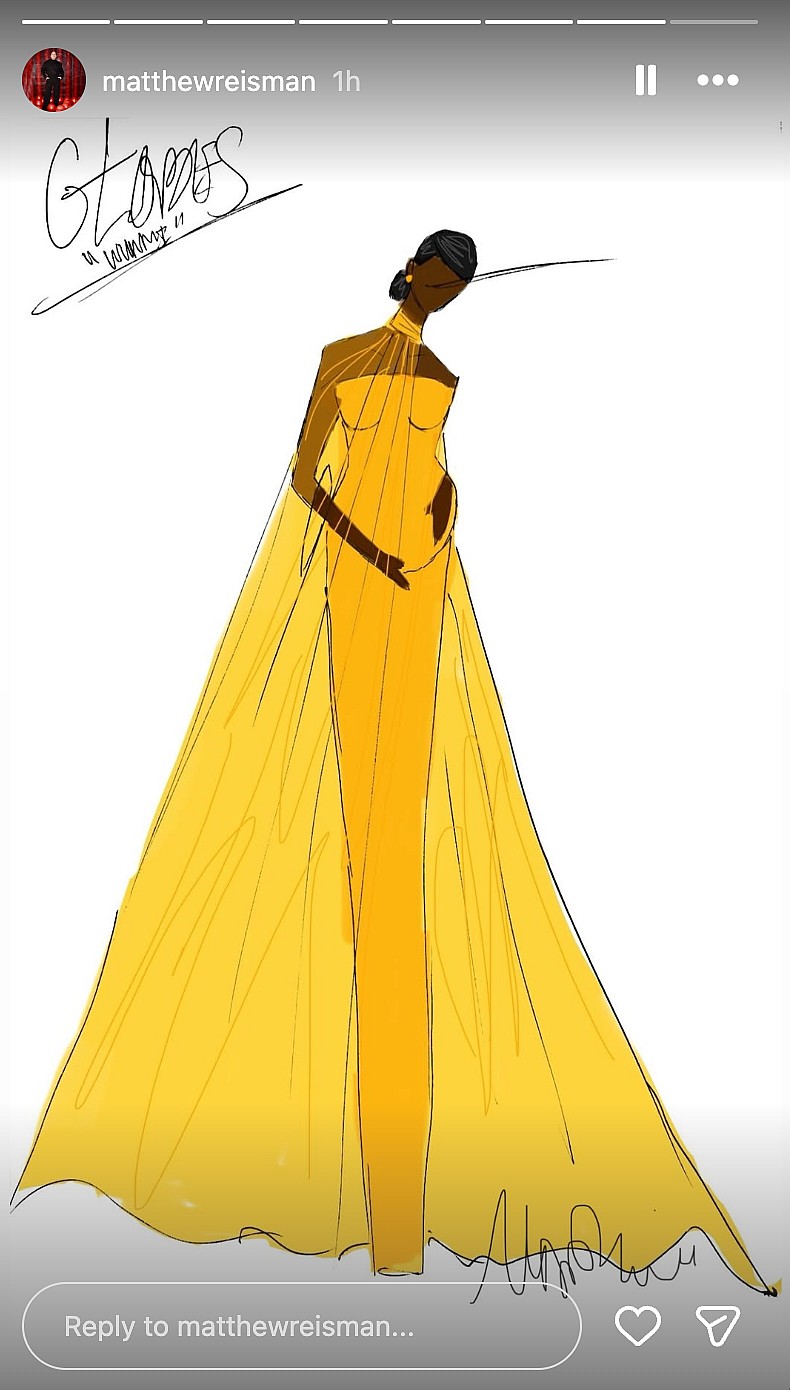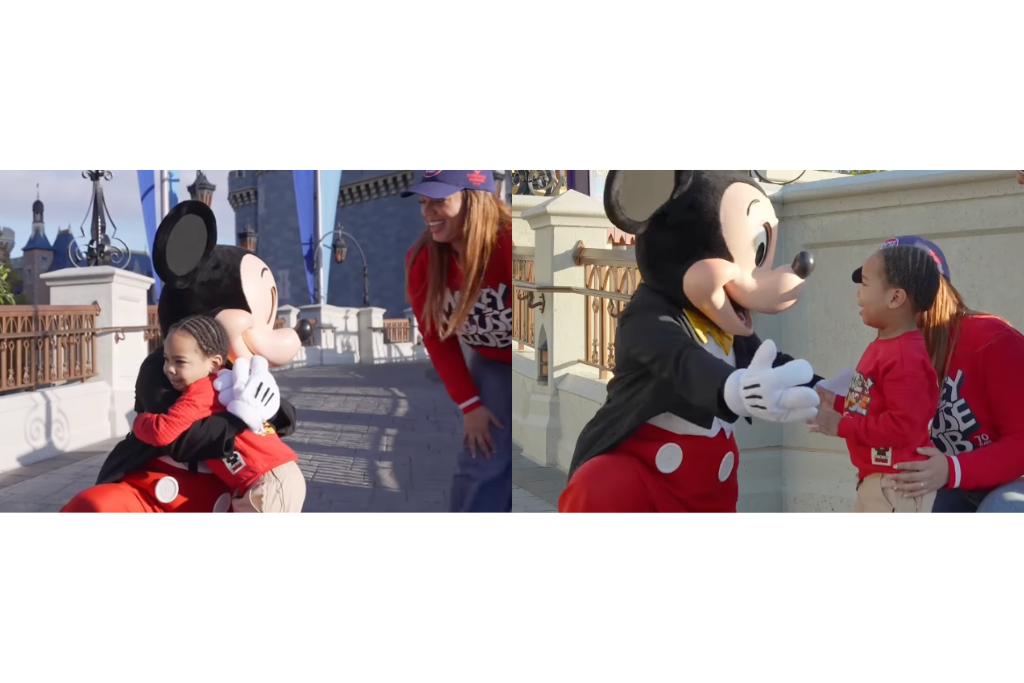For the past few weeks, “Love Island USA” has been the pulse of social media—messy, meme-worthy, and magnetic. Whether you’re in your group chat live-texting at 9 p.m. sharp or just vibing off the secondhand chaos via TikTok recaps, the show has had a hold on people. And as usual, brands noticed.
The NFL chimed in on the conversation. Poppi is teasing villa-inspired flavors. Everyone’s trying to ride the wave. But this week, one post rode the wave right into controversy. “Tasty,” Buzzfeed’s food vertical, posted a carousel titled “What I think each Love Island girl deserves for breakfast.” Cute in theory, until it wasn’t.
In the carousel, Tasty tried to serve up cheeky pairings for each contestant. The post included light-hearted options like pancakes and fruit… until viewers got to Chelley, a Haitian-American Islander. Her plate? A bowl of fruit, Goldfish, and a “knuckle sandwich,” visually represented by a white fist stuffed between two slices of bread.
“The slide dedicated to Chelley was not breakfast but violence. Specifically, hinting at domestic violence,” Chelley’s social media team shared in a statement about Buzzfeed’s post. “Why? How? They created a graphic and edited a “knuckle sandwich” on a plate. So, I ask you a pressing question…”Who makes breakfast for the Islanders?” The answer is the men; they make breakfast for the women. Hence, the message of domestic violence is subtle yet present when we use our critical thinking and reasoning skills, especially in the field of journalism and media. It is not only disturbing, disgusting, and unacceptable. It is the harsh reality that implicit biases can be rooted in anti-blackness, misogyny, prejudice, violence, etc.”
It did not take users long to call out the tone-deaf joke in the comments. The backlash led to Buzzfeed taking down the post and issuing a since-deleted apology:
“We published a version of this post earlier today that was meant to ruffle some feathers –– all in good fun about a TV show we collectively can’t get enough of –– but one of our jokes missed the mark. We referenced a ‘knuckled sandwich’ in our slide about Chelley, and though it was meant to be cheeky it landed with racial undertones that we didn’t intend (but should’ve seen coming). Tasty is meant to be a joyful, welcoming space, and this post didn’t reflect that. As massive Love Island fans, we took it down, talked it through, and reworked it to make sure the jokes didn’t come at anyone’s expense. Thank you for helping us do better!”
And there’s the thing, they should have seen it coming. But so often, when it comes to Black women, they don’t.
I’m not watching either Love Island USA or UK this year and the Buzzfeed and Buzzfeed Tasty debacle perfectly encapsulates why. Black Women can’t exist or even watch these shows without violence and ridicule. It’s actually insane that they thought that was funny let alone okay. https://t.co/Penlk5Dwf8
— ♠️ (@angieceelouis) July 10, 2025
For viewers who’ve been tuned into this season, Tasty’s tone-deaf post wasn’t just a one-off. It echoed a larger issue playing out on the show: Black women simply don’t get the same grace in the villa.
Take Chelley and Olandria. They were both fan favorites for the first half of the season. But as soon as conflict entered the chat, the mood shifted. Right at the height of their most tense moments in the villa, production dropped a challenge where Islanders had to air their unfiltered thoughts about each other. Sure, it made for good TV. But episode 26 was hard to watch.
Because while everyone was being messy, it was the Black women who caught the brunt of the backlash. Chelley and Olandria were framed as aggressive and combative for doing what every other contestant was doing: having feelings. And after that episode, public perception flipped. Fast. From “jokes” to memes about violence to straight-up death threats, Chelley and Olandria became lightning rods for misogynoir—the insidious intersection of racism and sexism that Black women know too well.
“Team Chelley will not tolerate this level of disrespect, anti-blackness, prejudice, and misogyny. Furthermore, we will not accept a narrative in which Chelley deserves violence,” Chelley’s social media team continued. “No person deserves that. Not Chelley or any of the islanders. However, the parties responsible for this post must write a sincere apology and take steps of accountability to ensure this does not happen in the future. It is the least that can be done to uphold their statement of “… helping us do better!”
Buzzfeed later shared another note via Instagram Stories, saying the post didn’t meet their “high editorial standards” and has since been removed and that they are “taking steps to ensure this does not happen again.”
But as Chelley’s social media team noted, while it’s good thing Chelley did not see the actual post, her family, and other young Black women online did. This isn’t just about “Love Island.” It’s about the exhausting double standards that Black women live with in reality TV, digital spaces, and in real life.
Where other girls get grace, Black girls get policed. Where others are allowed to cry, we’re called dramatic. Where others are allowed to feel, we’re told to shrink.







